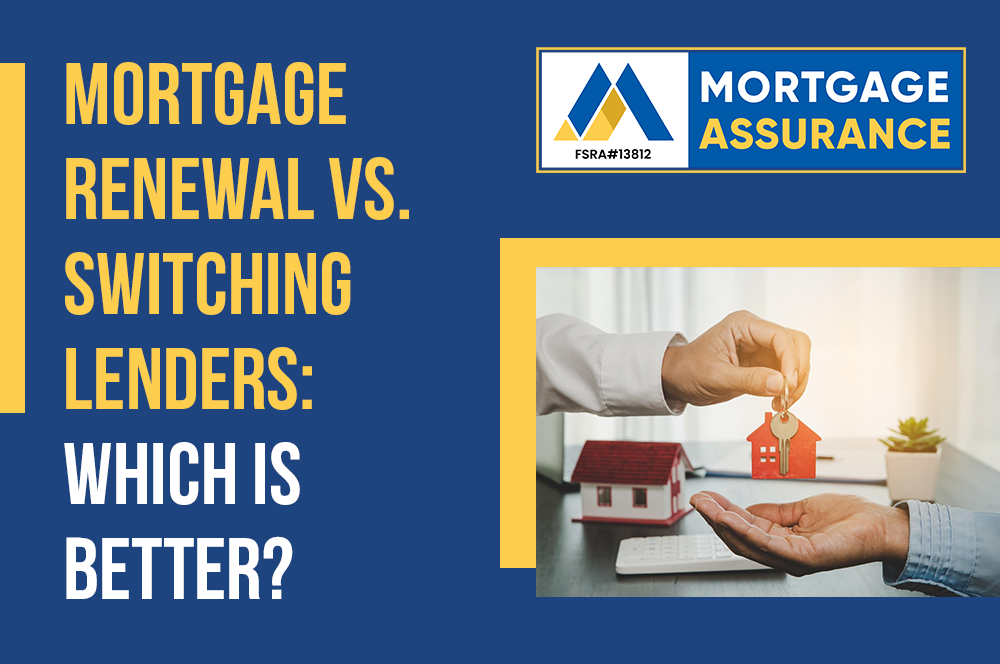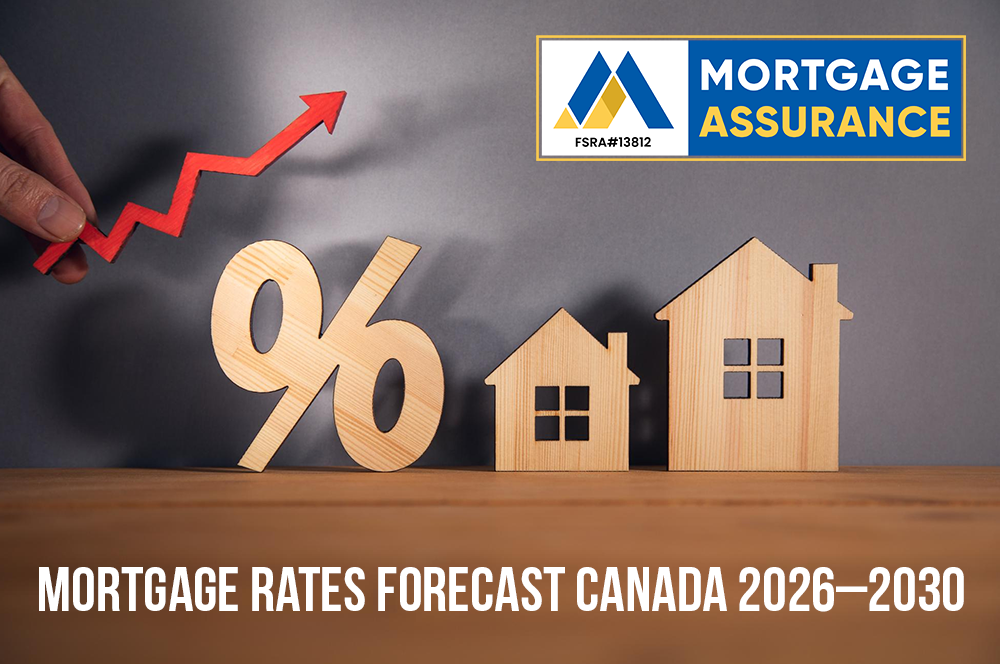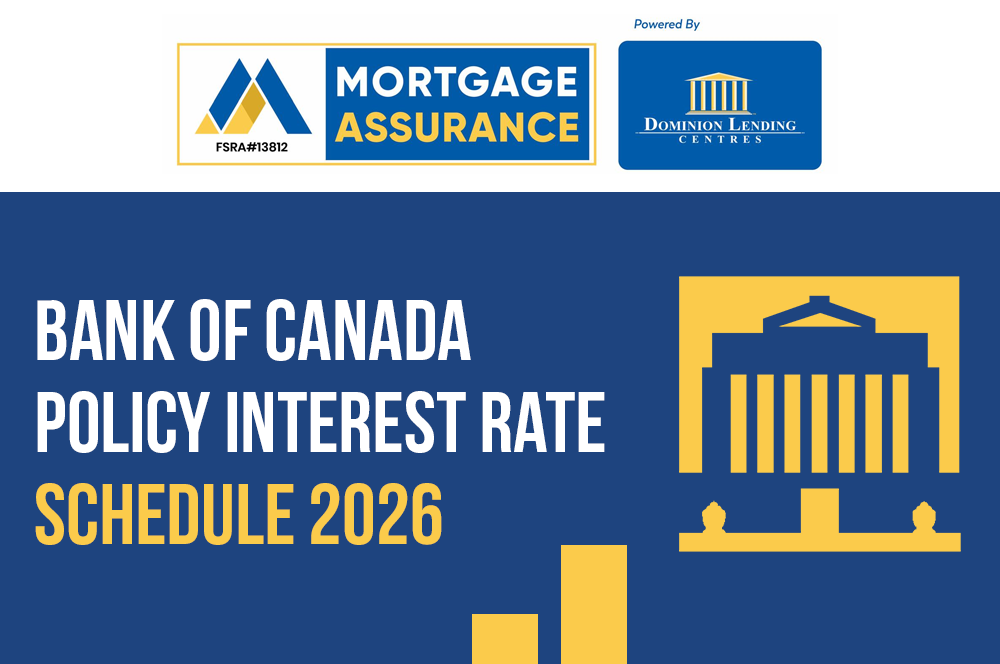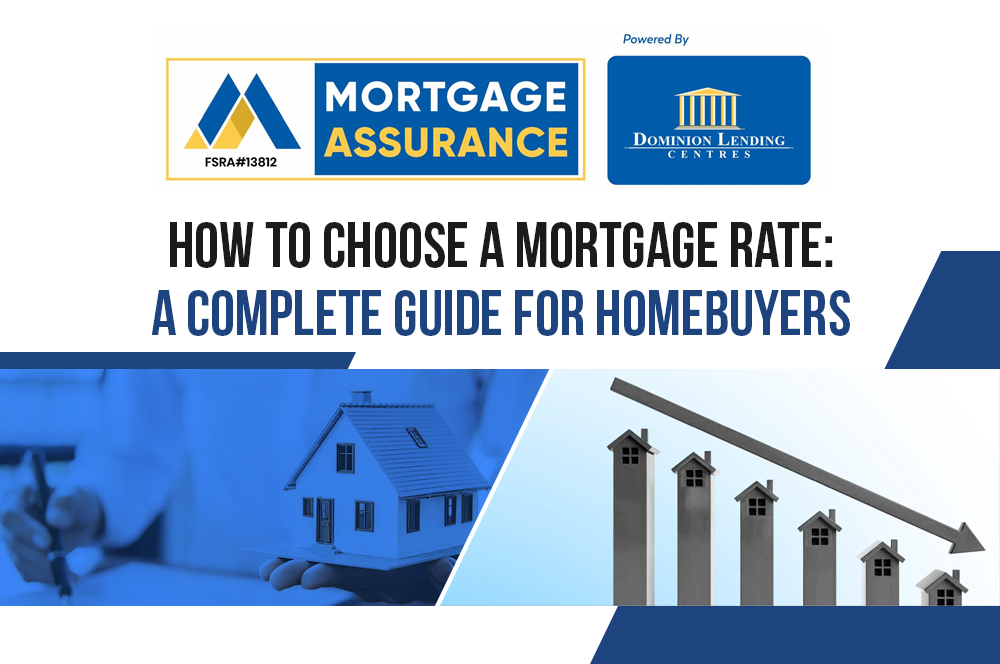Investing in 2025 is all about balancing growth, safety, and cash flow. One of the most reliable ways to do that is through mortgage-related investments. Whether you are a first-time real estate investor or looking to diversify your portfolio, mortgages offer a unique combination of income, leverage, and long-term appreciation.
Here is a look at the top mortgage-focused investment options for 2025:
1. Investment Property Mortgages
Purchasing real estate with an investment property mortgage allows you to leverage borrowed money to generate rental income and build equity over time. This is one of the most hands-on ways to invest, but it can be highly rewarding if managed correctly.
Best for: Investors seeking long-term growth and steady cash flow.
Pros:
- Rental income can cover mortgage payments and provide profit
- Potential property appreciation over time
- Tax advantages, including deductions on mortgage interest and maintenance costs
Cons:
- Requires active management and upkeep
- Real estate market fluctuations can impact returns
- Upfront capital needed for down payment and closing costs
2. Mortgage-Backed Securities (MBS)
Mortgage-backed securities are financial instruments made up of pooled residential or commercial mortgages. Investors earn returns from the interest and principal payments of the underlying mortgages.
Best for: Investors looking for exposure to real estate without owning property directly.
Pros:
- Diversified exposure to the housing market
- Regular income from mortgage payments
- Lower entry cost than buying physical property
Cons:
- Returns can fluctuate with interest rates and housing market conditions
- Less control compared to owning property directly
3. Real Estate Investment Trusts (REITs)
REITs are companies that own, operate, or finance income-producing real estate. By investing in a REIT, you can gain exposure to real estate markets and mortgage-backed income without managing a property yourself.
Best for: Passive investors looking for real estate income and diversification.
Pros:
- Liquidity (traded like stocks)
- Diversified real estate exposure
- Regular dividends
Cons:
- Subject to market volatility
- Dividend income is taxable
- Less control over individual property performance
4. Home Equity Loans & Lines of Credit (HELOC) for Investment
For existing homeowners, leveraging home equity to invest in additional properties or other assets can be a powerful strategy. Using a HELOC to fund an investment property purchase can increase potential returns, though it also increases risk.
Best for: Experienced homeowners looking to expand their investment portfolio.
Pros:
- Flexible borrowing based on your home equity
- Potential to finance multiple investment opportunities
- Interest may be tax-deductible if used for investment purposes
Cons:
- Increases debt risk
- Variable interest rates can affect payments
- Requires careful financial planning
5. Short-Term Mortgage Lending
Some investors choose to provide short-term loans to property buyers or flippers. Often structured as hard money loans, these can provide high returns but carry significant risk.
Best for: Investors seeking higher yields and experience in real estate lending.
Pros:
- High interest rates compared to traditional mortgages
- Short-term commitments
- Can be secured by the property itself
Cons:
- Higher risk of default
- Requires legal and financial expertise
- Less liquidity
Key Considerations for Mortgage Investments in 2025
- Leverage Wisely: Using an investment property mortgage can magnify returns but also increases risk. Always consider your debt-to-income ratio and cash flow.
- Diversification: Don’t rely solely on one type of mortgage investment. Combining rental properties, REITs, and mortgage-backed securities can reduce overall risk.
- Interest Rates: Rising interest rates can impact mortgage payments, REIT yields, and MBS returns. Choose fixed-rate mortgages for stability if possible.
- Long-Term Horizon: Mortgage-related investments often perform best over several years, allowing equity growth, rental income, and market cycles to work in your favor.
Contact us for more information.
FAQs: Investment Property Mortgages
- What is an investment property mortgage?
A loan to buy property intended to generate income, like rental homes or commercial real estate. - How much down payment is needed?
Typically 20% or more, depending on the lender and property type. - Can I get a mortgage if I already have one?
Yes, but lenders will check your debt-to-income ratio. - What are the risks?
Property value changes, vacancies, maintenance costs, and interest rate increases. - How can I reduce risk?
Choose high-demand areas, keep cash reserves, and consider fixed-rate mortgages.





